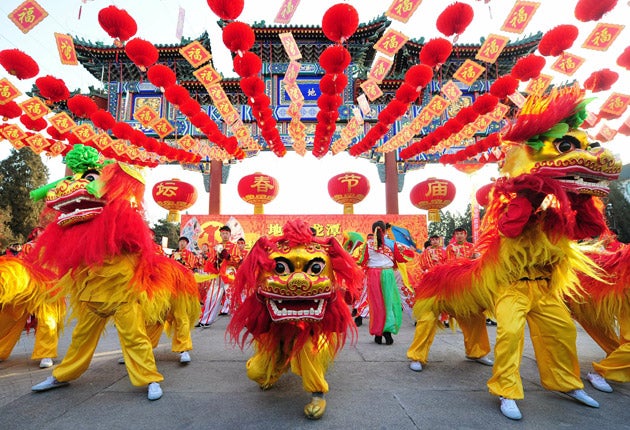How the West was Lost, By Dambisa Moyo
The rise and stall of the Chinese economy

At first glance, Dambisa Moyo's latest work is merely an incremental addition to the already sizeable literature that can be summed up in the phrase "China Will Eat Us".
Thousands of such works must have been consumed, usually by Western businesspeople on long-haul flights – the very people supposedly threatened by China's re-entry into the world economy. It is worth recalling, however, that until around the 17th century, China was the biggest economic power on the planet – a function of her size and population but also of the ingenuity and commercialism of her peoples. We are now getting used to her being around again, and globalisation was good news for the millions of Chinese people who have been lifted out of poverty.
The first half of Moyo's thesis conforms more closely to conventional economic wisdom than her previous assault on Western attitudes to the developing world, Dead Aid. The West, especially the US, has alienated China with arguments about trade and exchange rates, never realising fully that the fundamental cause of the "global imbalances" is America's own uncompetitive economy. Now, globalisation and technology transfer have made Chinese economic pre-eminence a practical possibility, and China's authoritarian political system gives her an advantage in ordering priorities and putting economic growth first.
On top of which, the West has made its own "unforced errors", as they say in sport. We have, as many argue now to justify the cuts, paid ourselves too much, given ourselves overly lavish health and social security systems and squandered our natural economic advantages. The answer, Moyo startles you, is for the West to be more like China – and less democratic.
Apart from the obvious objections to that, there are at least a couple more reasons why her thesis deserves to be challenged, and one is named Japan. Some 25 years ago, there was a similar rash of books about why Japan would eat the world. Then its bubble went pop and 20 years of stagnation ensued. An absurd real estate boom, dodgy banks and unproductive over-investment were features of Japan in the 1980s and 1990s and are features of China now, to a greater or lesser degree. Of course, the Japanese still boast world-leading companies, they are rich and have an enviably orderly society. But world domination? No, reader-san.
The other factors that ought to make us think twice about China's rise are less speculative. The one-child policy will, by the 2030s, leave China with a population as elderly as Italy's, and indeed Japan's. Finally, and it is a constraint readily acknowledged by Moyo: there are simply not enough resources on planet Earth for the Chinese to enjoy consumption as high as Westerners enjoy today.
Unlike Moyo, I suspect that the Chinese economy is not as formidable as it seems; it is too remote from market signals, still semi-command in structure and has no free press or political parties to deal with shortcomings and corruptions. In other words it is not the West that is too democratic, but China that's not democratic enough to be economically efficient. She will stall – the Great Stall of China – and it might well hasten progress to democracy. So one day, in a politically more free China, Moyo's prophecies of domination will come true. For now, and unlike Moyo, I'm not learning Mandarin.
Subscribe to Independent Premium to bookmark this article
Want to bookmark your favourite articles and stories to read or reference later? Start your Independent Premium subscription today.

Join our commenting forum
Join thought-provoking conversations, follow other Independent readers and see their replies